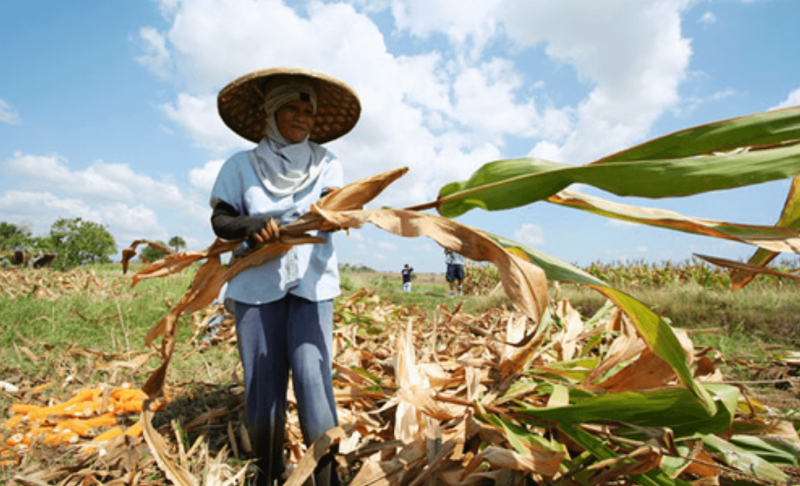Agricultural choices don’t just affect food availability. They also have significant economic and social ramifications. A case in point is the Camotes Islands in the Philippines, where I am a corn farmer and community development worker with the Parakletos Project.
Nearly 73 percent of Camotes’ land mass of 53,318 acres is in agriculture. Yet because the farmers are using outmoded agriculural practices, it must import large quanitities of corn, which is ground into grits, the staple food of its 102,996 inhabitants.
…
Using their traditional methods farmers could produce only 8,480 metric tonnes (MT) per year of corn grits from an average yield of 600 kilograms of corn per hectare, even if they cultivated all the available agricultural area in Camotes.
…
On the other hand, adopting modern agricultural practices could dramatically reverse the economic climate of the island. Corn is the most adaptable crop that can be produced in the island. Camotes has the capacity to produce 169,650 MT of corn grain per year if farmers used currently available technology. In other words, the farmers could feed themselves and generate 150,650 MT of corn for sale elsewhere, generating Php 1.8 billion or USD$36 million.
The shift to modern agricultural technology could generate an incredibly positive impact to the economy of the island. It would also reduce food costs and improve food security and the overall quality of life for households in the island. I have seen this myself in my own fields, where pest-resistant Bt (GMO) corn has given me yields 10 times the average.
Read full, original post: Modern agriculture key to reducing poverty































